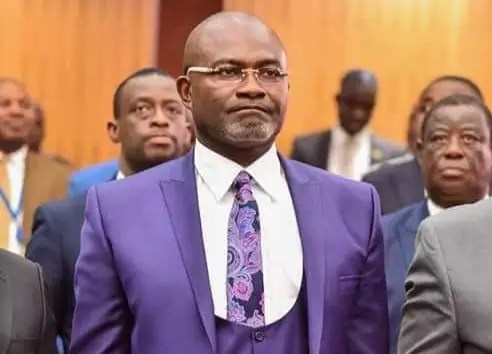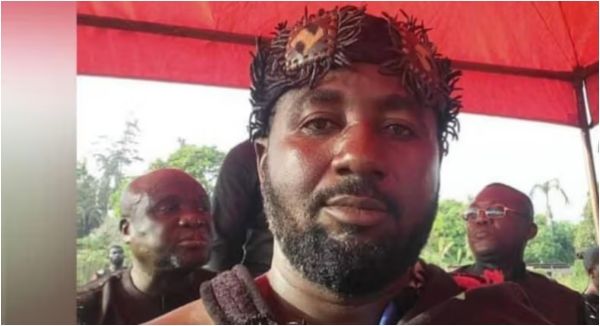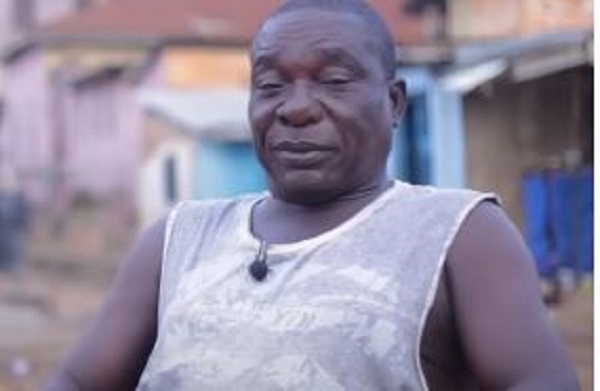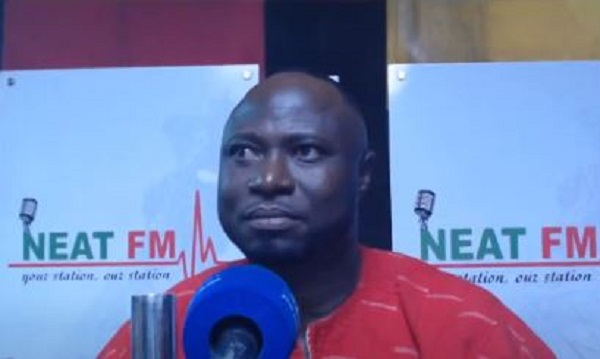
The financial organisation, in its report, took an analytical look at several sectors of the Nigerian economy and made their observations known.
There has been a lot of uproar by parties for and against the report published by global financial services organisation, HSBC Bank.
The financial organisation, in its report titled: Nigeria: Papering Over The Cracks, took an analytical look at several sectors of the Nigerian economy and made their observations known.
The particular aspect of the report that has captured the attention of most Nigerians is the supposed prediction by the bank.
In the report, there is a section titled: Electoral uncertainty and macro risks, where HSBC bank x-rayed the recent power play and defections in the political arena.
It also took a look at the issues that will be on the front burner for those seeking to run for President, and also made highlights of Nigeria's economic situation under President Buhari.
See an excerpt of the HSBC Bank report obtained from Proshare
National elections are set to take place in February 2019, and are likely to add a layer of political uncertainty to Nigeria's already disappointing macro outlook. Four years ago, President Muhammadu Buhari and the All Progressive Congress (APC), a coalition party established to take on the then incumbent Peoples Democratic Party (PDP), won the polls convincingly and achieved the first democratic transition of power in Nigeria’s history (see Nigeria elections: Historic win for opposition candidate, 1 April 2015).
Mr Buhari will once again lead the APC into the 2019 elections, although his approval ratings sit near all-time lows (chart 22). This largely reflects the impact of Nigeria's painful recession in 2016-17 and the sustained economic hardship that has accompanied his presidency, including rapidly rising joblessness, and poverty (charts 23 and 24).
In addition to the economy, other key election issues are likely to include security and corruption. Security concerns persist across the country with the Boko Haram insurgency in the North East, militant activity that has disrupted oil production in the Niger Delta, and more recently escalating violence between cattle herdsmen
The polls look set to be a closely contested affair, particularly given that these policy challenges are exacerbated by strains within the APC coalition. In July several high profile APC members – including Senate President Bukola Saraki and House of Representatives Speaker Yakuba Dogara – broke away from the ruling party to form the Reformed All Progressive Congress, and potentially join forces with the PDP.
This should be a political environment that favours a return to power for the PDP, yet the opposition remains weak and fragmented, and has yet to declare its presidential candidate.
At this stage little is known about the PDP’s policy platform, making it difficult to ascertain the implications of the election for policy.
ALSO READ: EFCC attacks HSBC Bank, vows to recover Abacha's loot
A second term for Mr Buhari however raises the risk of limited economic progress and further fiscal deterioration, prolonging the stagnation of his first term, particularly if there is no move towards completing reform of the exchange rate system or fiscal adjustments that diversify government revenues away from oil.
In the near term, however, the election impact is likely to be negative as increased political uncertainty precludes policy reforms, weighs on confidence, deters investment spending and restrains the growth outlook.
FG kicks
The Federal Government has however dismissed the report, describing it as a form of psychological warfare against President Buhari’s anti-corruption policies.
In another reaction, the spokesman to the President, Garba Shehu accused HSBC bank of laundering money for corrupt politicians.
Shehu also alleged that most of the funds reportedly stolen by late Head of State, Gen. Sani Abacha are lodged in HSBC bank.
Source: Pulse.com.gh







